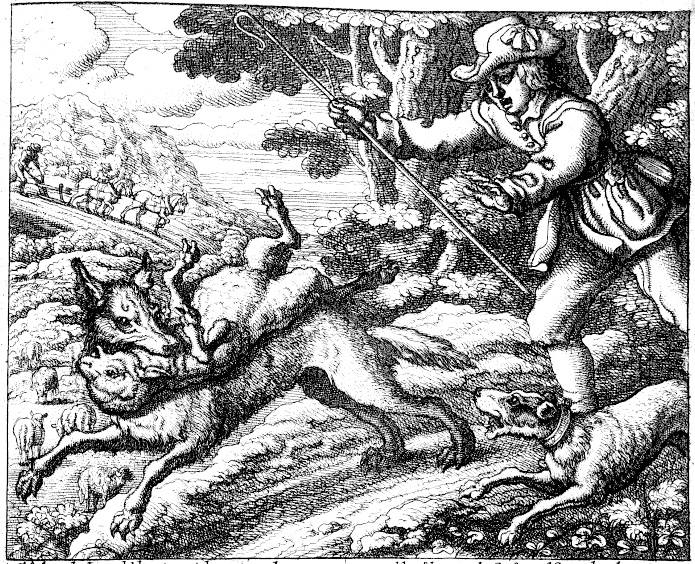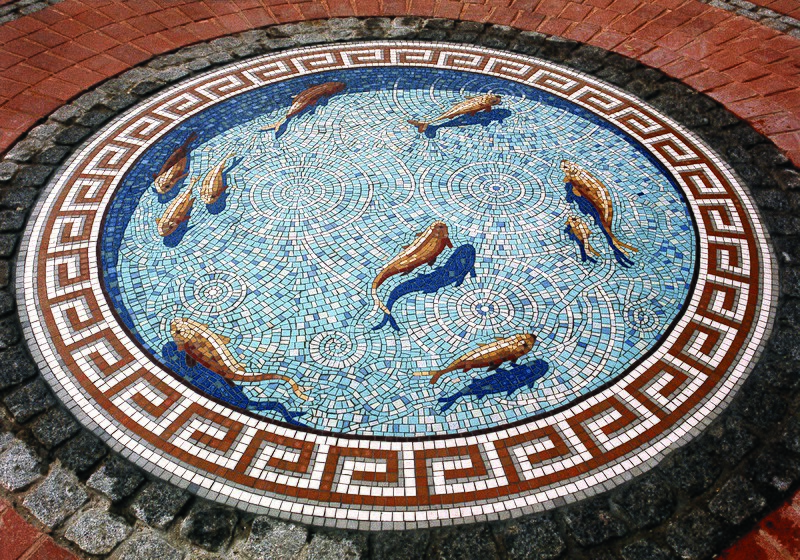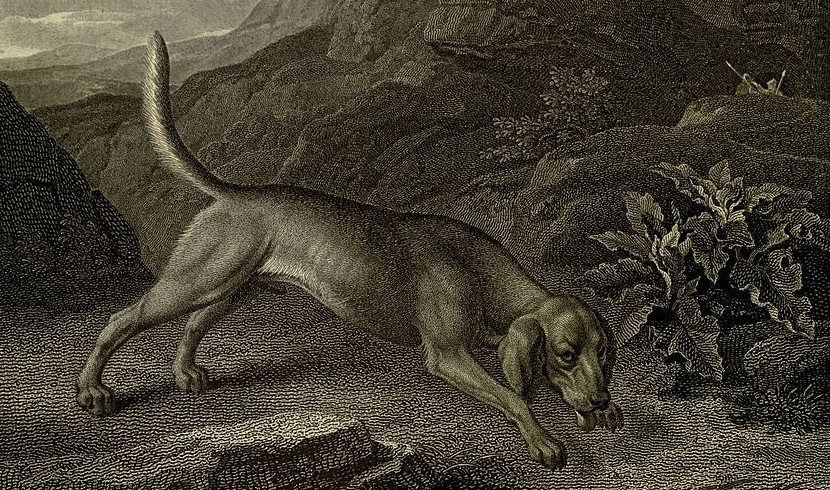In the autumn of 1947, Oxford mathematician John Henry Whitehead became fascinated with palindromes. He came up with STEP ON NO PETS but felt this could be surpassed. He put the problem to research student Peter Hilton, who suggested SEX AT NOON TAXES. Whitehead liked this but still felt that a longer sensible palindrome must be possible.
So Hilton spent an entire night working on the problem, writing nothing down, just lying in the dark. By morning he had:
DOC, NOTE, I DISSENT. A FAST NEVER PREVENTS A FATNESS. I DIET ON COD.
“Henry was delighted, and spread the word about my palindrome far and wide,” Hilton wrote later. Among those who heard about it were their former colleagues at Bletchley Park, where Whitehead and Hilton had helped to decrypt German ciphers during the war, and from there Hilton’s composition found its way into The Codebreakers, F.H. Hinsley and Alan Stripp’s account of that effort.
Robert Harris quoted the palindrome in his review of that book, “to indicate what sort of people the codebreakers were,” Hilton wrote. “But he also quoted the remark, attributed to Churchill, on the priority to be given to recruiting suitable people for this work: ‘When I told them to leave no stone unturned, I did not intend to be taken so literally.'”
(“Miscellanea,” College Mathematics Journal 30:5 [November 1999], 422-424.)




